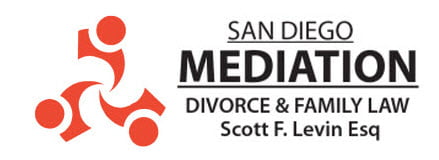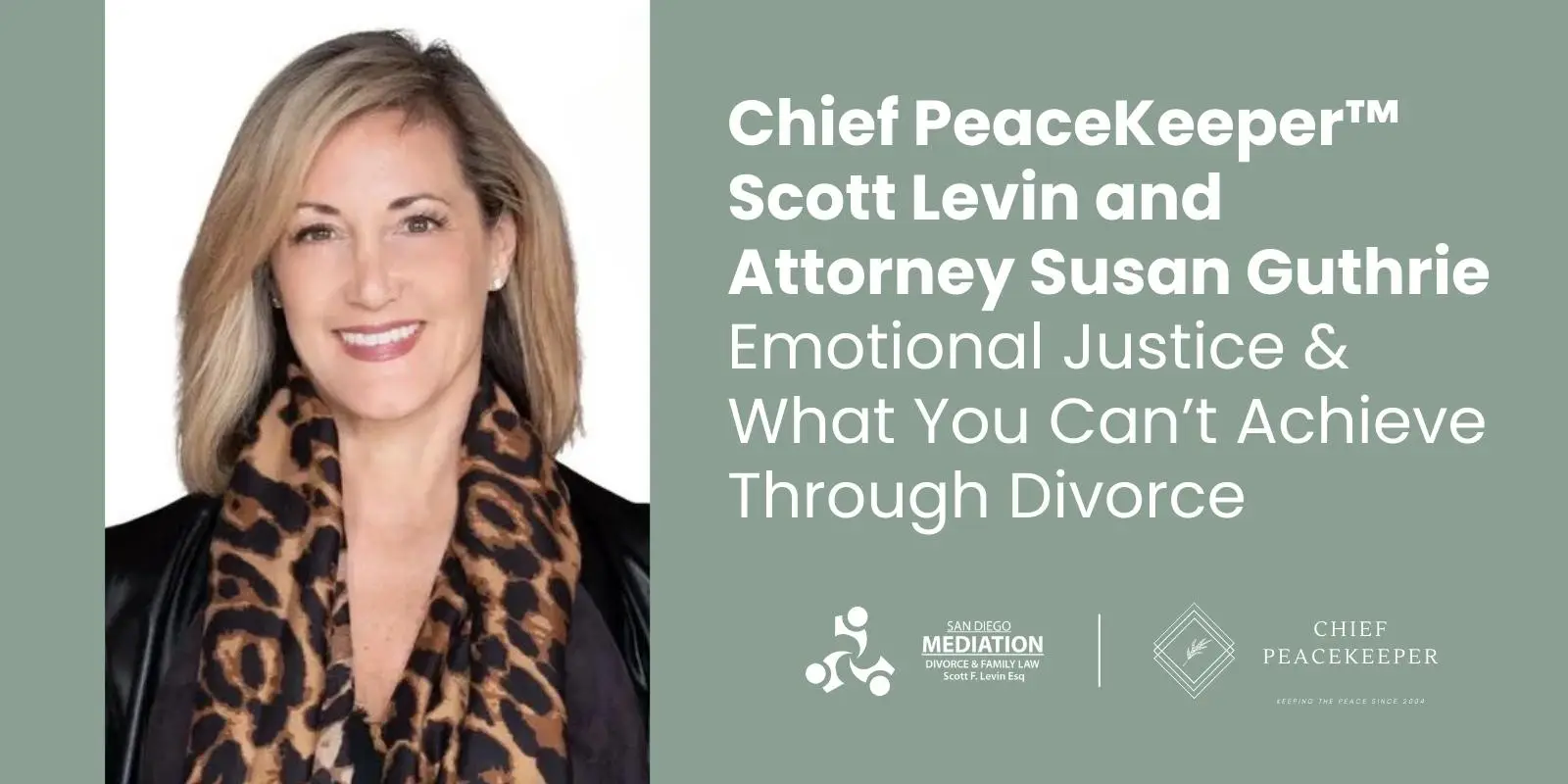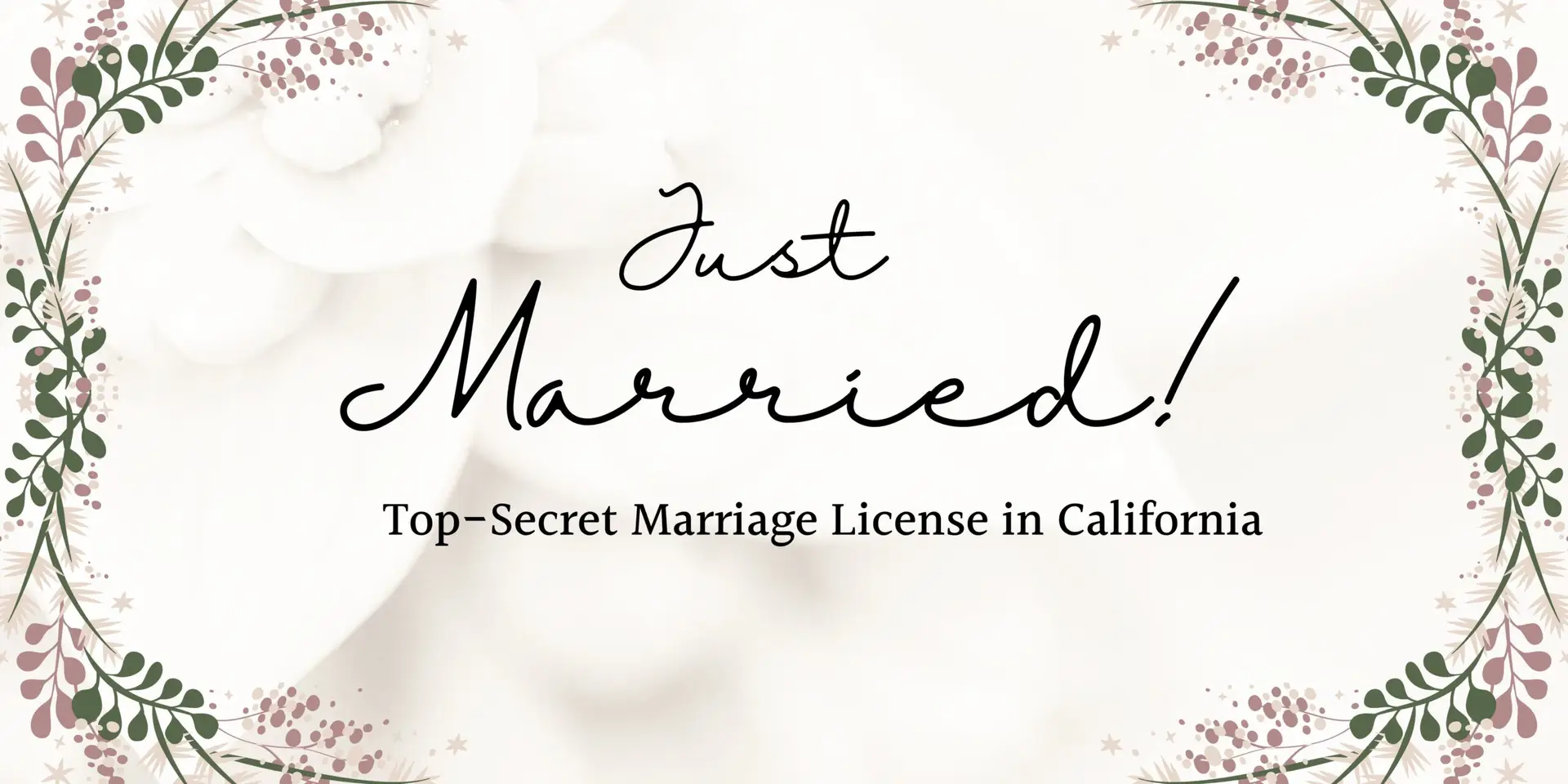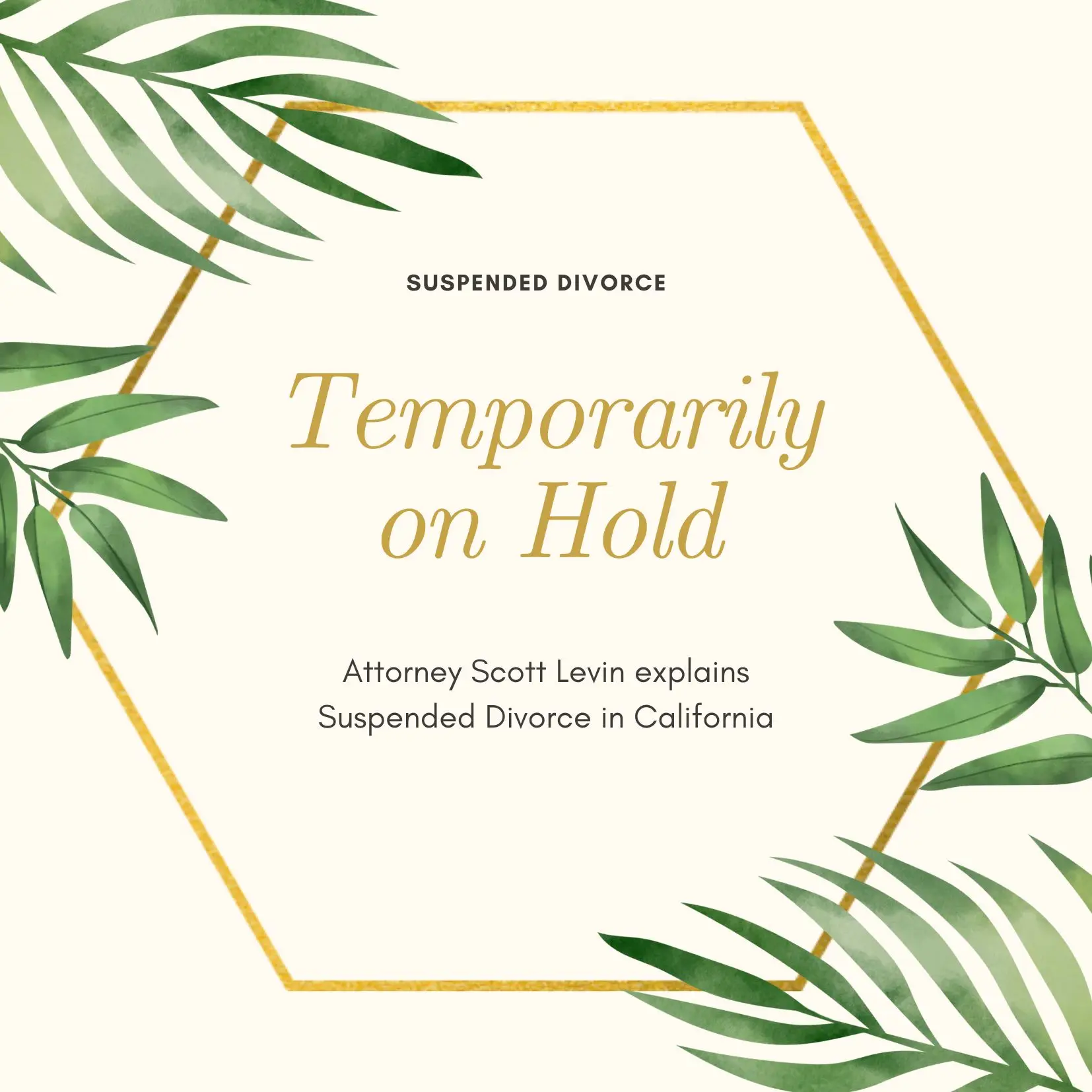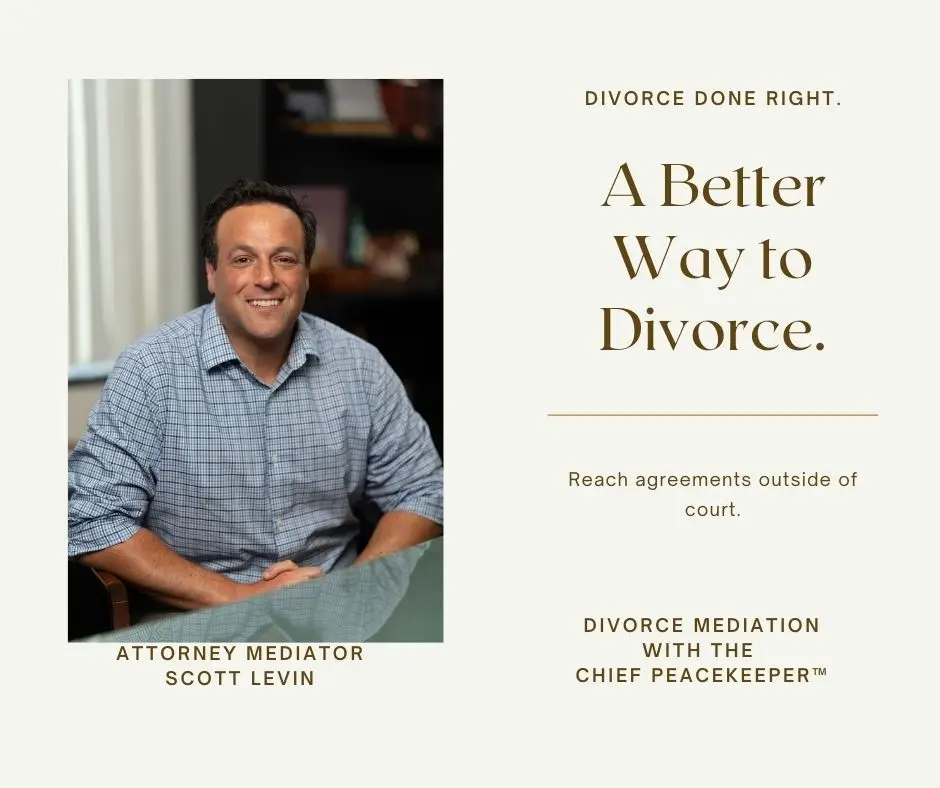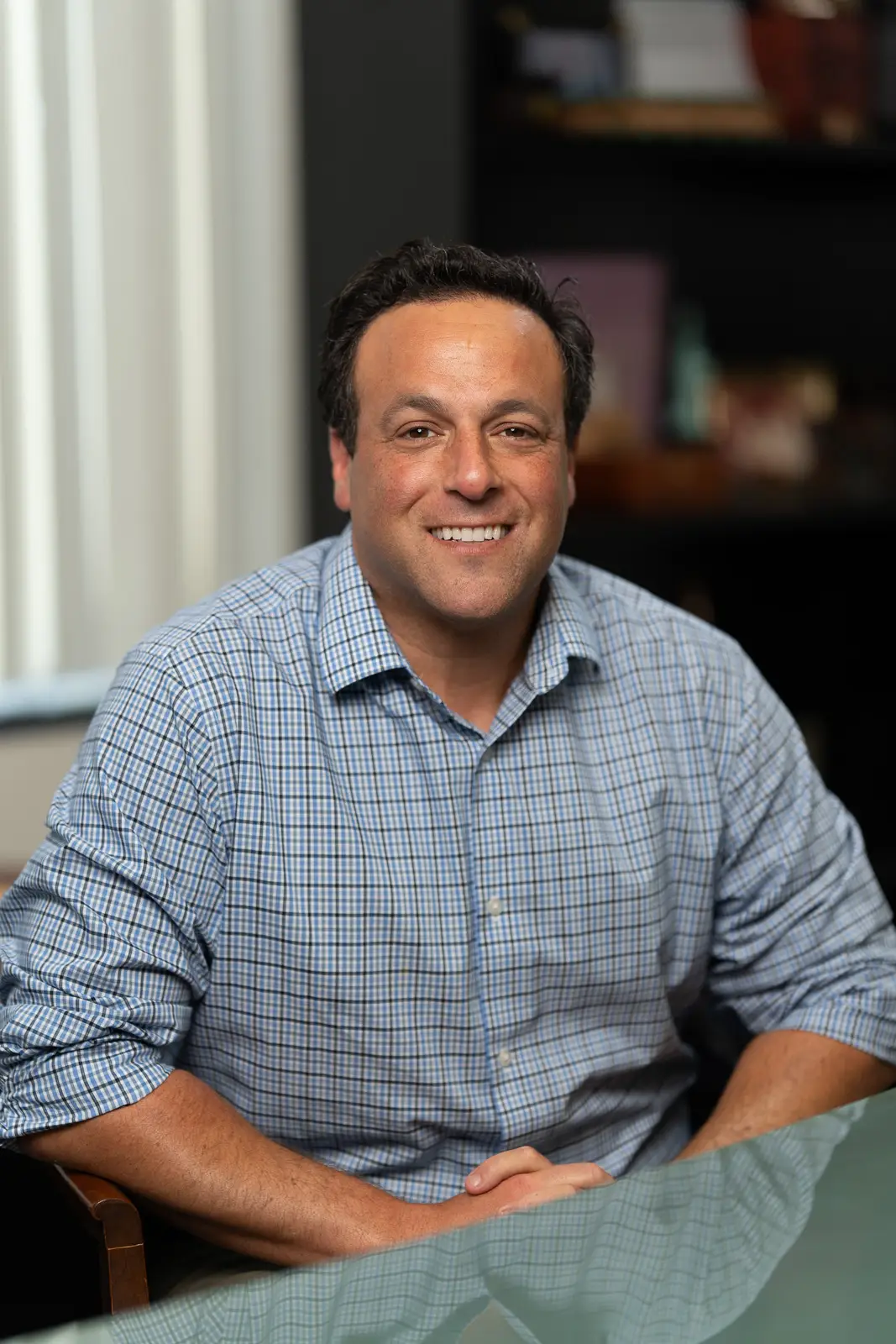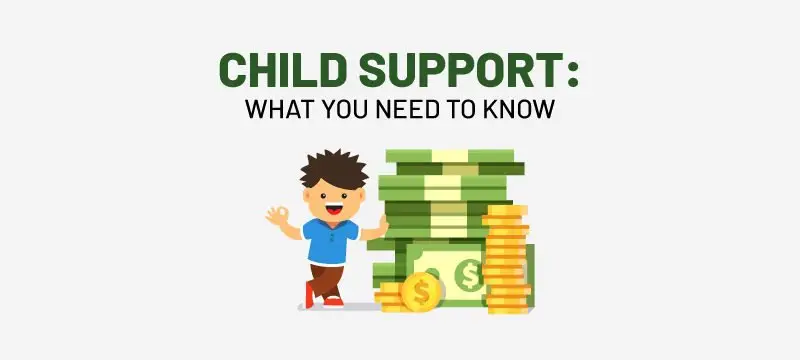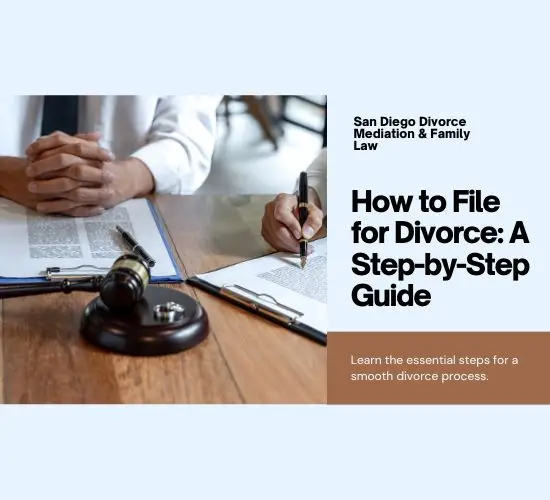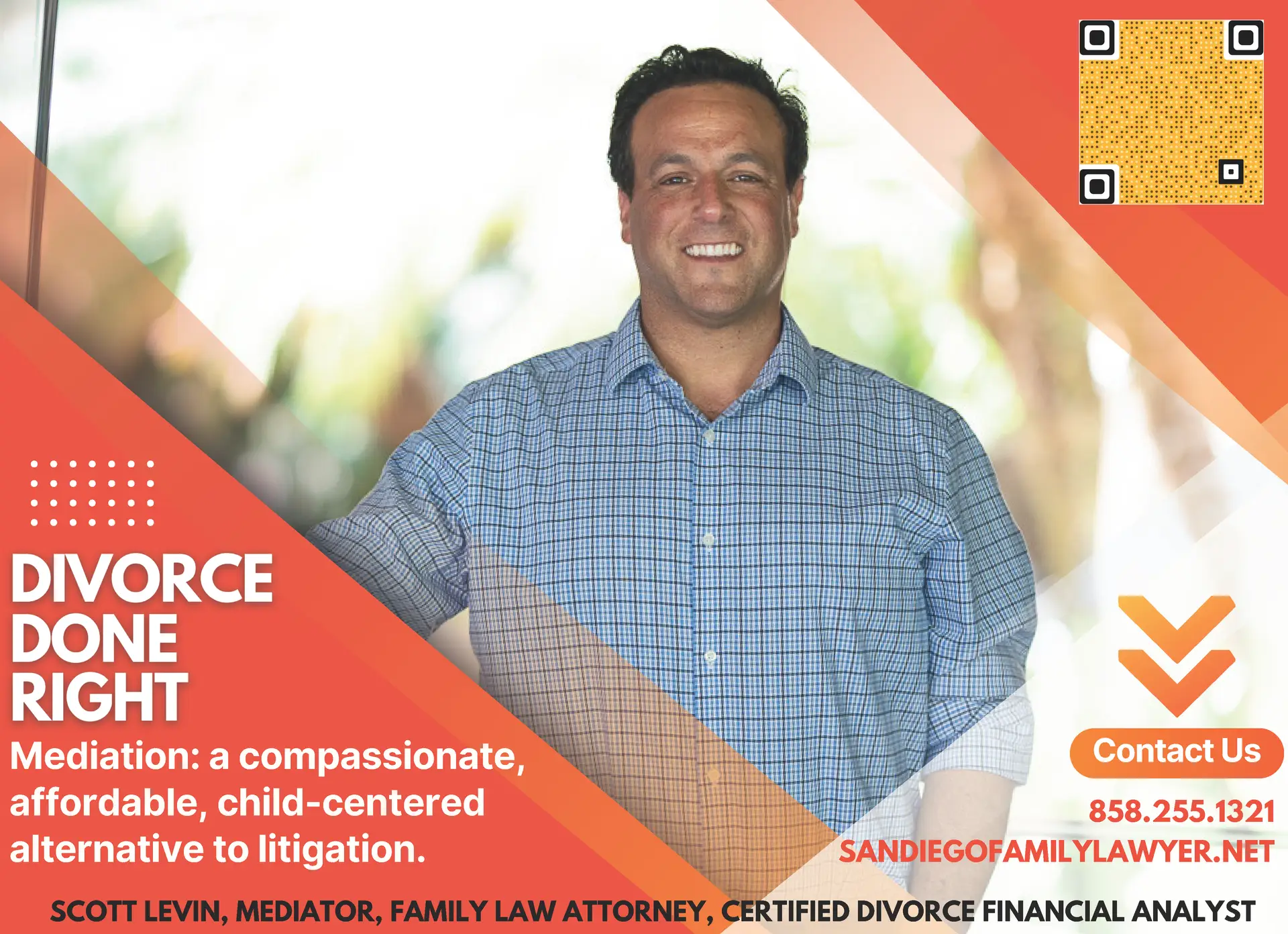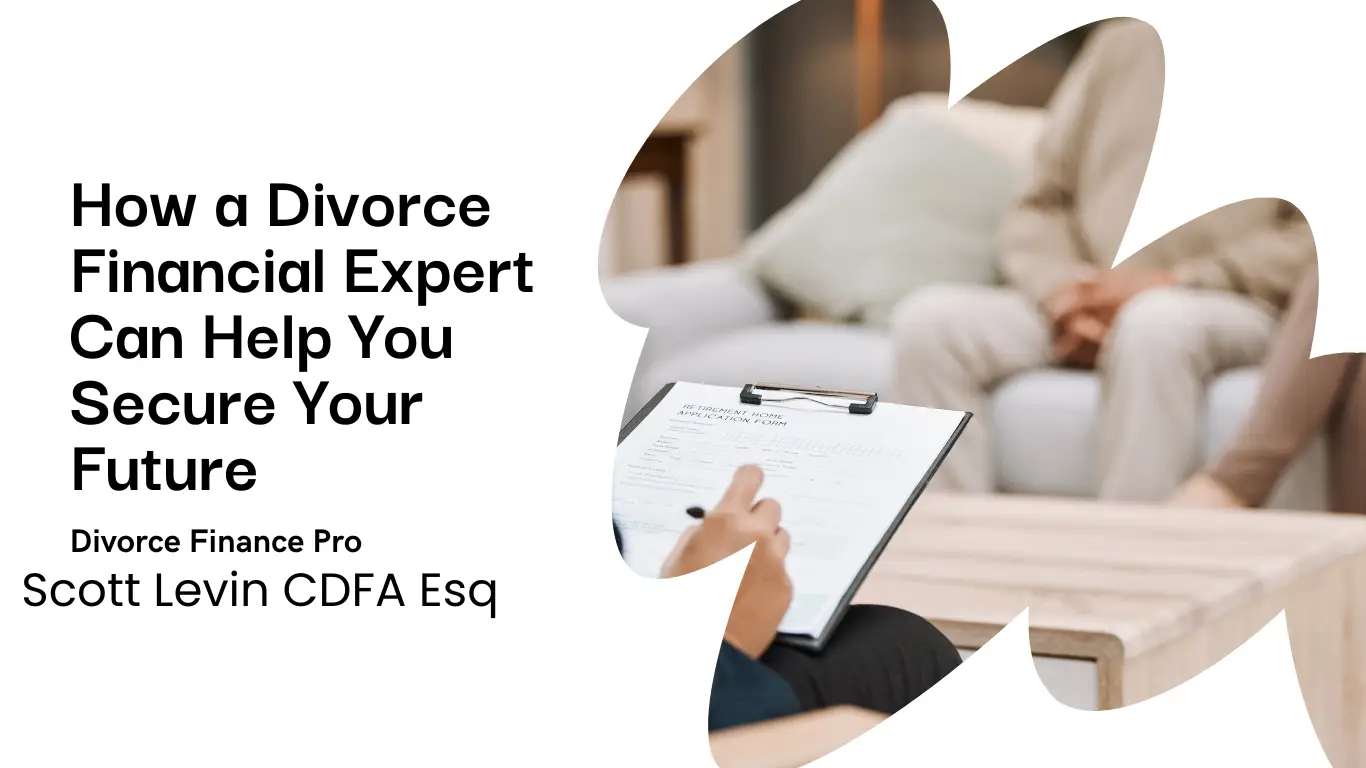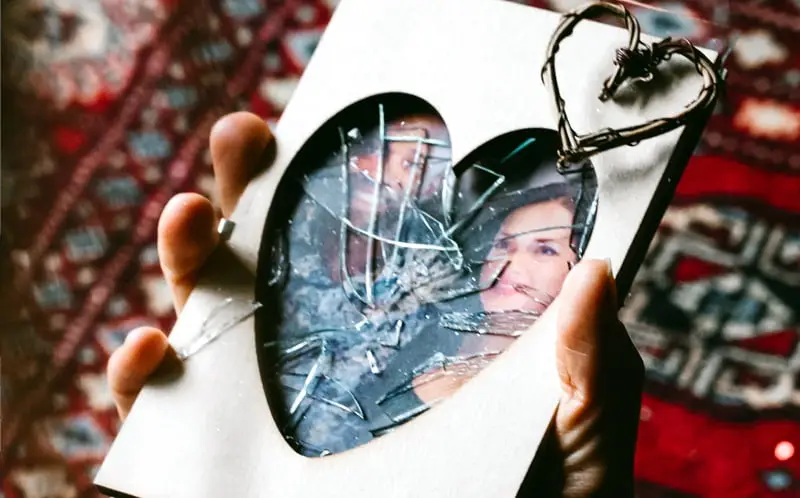Author, podcaster and mediation savant, Susan Guthrie, sits down to talk about emotional justice and the lessons learned from mediating thousands of divorce cases.
Chief PeaceKeeper™ Scott Levin 0:01
Hey everybody, this is Scott Levin chief peacekeeper™ and I’m here today with Susan Guthrie. Hi, Susan, how are you? Hey, Scott. Susan is everyone’s favorite person, probably the most in-demand mediation person in the country, if not the world. She has the divorce in a better way podcast. She does all sorts of Facebook Live Events. And of course, she is a mediator that really led the way in online mediation years ago, and was a practitioner with zoom and other platforms long before anyone ever really heard of those words. So congratulations for being right, Susan, again.
Susan Guthrie, Author, Mediator, Podcaster 0:47
Thank you. Yeah, or lucky. That’s what I like to say. I was just lucky, it was all by necessity. So, um, but I found I liked it. So I like being online.
Chief PeaceKeeper™ Scott Levin 0:59
Yeah. And I do too. And I’ve taken several courses with Susan to where she’s taught online mediation. And I was not an early adopter, but I am an adopter. And I do love it. I love everything about being online, you know, with people, and I think the results are oftentimes better for my clients because of that, too. So
Susan Guthrie, Author, Mediator, Podcaster 1:20
faster, easier, less expensive, less conflictual, in many ways, although, as you know, since you do it online, too. They can fight through this, or have disagreements through the screen just as easily as they can do it in person. But
Chief PeaceKeeper™ Scott Levin 1:35
Absolutely. Well, we have a kind of interesting topic that I just sprung on Susan. So we’re going to see exactly why she is renowned, because she just learned this topic a minute ago, very professional with me. So there’s the idea of emotional justice and emotional justice is a big thing in the world of divorce. In particular, because people that arrive to the process of divorce, usually, just before that time, have a major emotional, you know, transaction that just has occurred, and they often come, you know, injured, and they want the system of divorce the family law justice system, to somehow rebalance the scales. So we’ve heard of legal justice and social justice, blind justice called justice. But what is emotional justice? And how? And how can it harm the process of people going through a divorce is really the topic. So Susan, when I say the words emotional justice, what do you think of?
Susan Guthrie, Author, Mediator, Podcaster 2:41
I think of almost every case I’ve handled in the past 30 plus years, right? I mean, unfortunately, I think you said it beautifully. There, there’s been some sort of emotional transaction, there’s usually been a breach of trust, really, right, somebody has lied to someone else, someone has done something they shouldn’t have done, someone has cheated, or they haven’t kept that promise, right? That promise to stay together forever. In some way, there’s almost always some sort of a breakdown of that trust and an emotional, everyone feels hurt and harmed by the process. So when they come into their lawyer’s office, their mediator’s office, into the divorce process, if they’re looking for justice, and again, I think you really described it so well, the balancing the emotional balancing, if they’re looking to have the hole that’s been created in them filled through the judicial process through the divorce process, and many of them are, and then, unfortunately, they’re, they’re bound to be disappointed because the process is not about it. It’s a transactional process to use your work, right? It is about separating out your stuff, your money, and your belongings and how your lives are intertwined. And your time with your children. I mean, it’s that’s really what it’s about in the court system just doesn’t have any way of getting you the apology that you want or providing the emotional sustenance that you’re looking for.
Chief PeaceKeeper™ Scott Levin 4:25
Yeah, I totally agree. And, and, and, and it only is going to cause I mean, what I try to tell people and it doesn’t always ring well with them, is that if you’re pursuing emotional justice, I don’t believe that your attorney can provide it. I don’t believe the judge can provide it. I don’t believe the court system can provide it. It’s just not going to arrive through the divorce process itself. It has to it’s actually in my opinion, something that has to come from within It’s almost like a heroic act, of letting go. Like, that’s what it has to come to. And when you see it as a mediator, I, when I see it, I’m, like, in awe of the person really that but I also congratulate them. Because I know that they’re going to be able to live, you know, their best lives much sooner than the people that are holding on. And, you know, our question the fairness of their agreement, right, as we’re signing, and we’ve, you know, really gone over it in detail. And is this really what I should be doing, because you can tell they’re not really satisfied, they didn’t get what they wanted, but it had nothing to do with the finances or anything,
Susan Guthrie, Author, Mediator, Podcaster 5:43
right, it was a pound of flesh or, you know, something that they felt made up for that betrayal, or that hurt or that breach of the trust. And, you know, that’s been the hard thing that, as you mentioned, you know, talking to the clients about it, because whether we’re their mediator, their advocate, or we’re just speaking to a group, you know, of people often, you know, we hear those things, right, it’s got where, well, she cheated on me, so I don’t have to pay alimony, right? Or he spent money on something like this. So I’m going to get that all back. Right, or, you know, it’s none of that our judicial system and the laws around all of that are not constructed in a way to make people whole, in that sense. Like, oh, you know, there’s, there’s a certain amount of maybe hole filling that might happen, they might throw a shovelful in if there was something really egregious, but it’s never going to fill that hole. And you’re so right, that it’s, um, it’s an internal game, not an external game. And, and I’ve always come at it from that perspective of self-love, right, you have to love yourself enough to use your words, let go. And that’s where you find that freedom, that’s where you find that ability to, I always tell clients to fly and be free, that’s my, you know if you can get out from under the divorce process, that divorce process, if you’re looking at it as something that’s going to get you something, it’s actually something that’s holding you back and, and pulling you down. It’s not until after the divorce that you get to start to thrive. So making it last longer, by bringing all that emotional content into it and expecting that hole to get filled or looking for it to that’s that you’re honestly just going to draw out your own. Unfortunately, you know, I was gonna use the word misery, which doesn’t sound appropriate, but there’s a level of misery to it.
Chief PeaceKeeper™ Scott Levin 7:42
And it can in the end, if you’re trying to do that, oftentimes, I mean, no, I’m not a psychologist, but it can have a grinding effect on you know, others surrounding the divorce, including children. No, unfortunately. So who do you think Susan? Like, who do you recommend for your clients? Are they are you recommending therapists? Are you recommending coaches? who helps people achieve that emotional, you know, withdrawal?
Susan Guthrie, Author, Mediator, Podcaster 8:12
You know, so both would be my answer. I love therapists, and I love coaches, and often a different one is called for I always kind of look at it. Is it something from the past that’s holding someone back? Or is it something about their future, and plotting that future that’s holding someone back? So, coaches, I tend to find are more future-focused, and therapists sort of deal with what’s happened in the past? So often, you need both. But I personally think that I know, you probably get this too. People don’t want to spend any more money while they’re going through the divorce process. So they will resist building that support team of outside professionals. They’re like, well, we’re already paying you Mr. mediator, Ms. mediator. I already have my consulting attorney, I can’t afford more. I honestly find if you get that external, emotional help, through therapy, through coaching through both your divorce will go faster, your divorce will be less expensive, and you will fly and be free much faster.
Chief PeaceKeeper™ Scott Levin 9:15
Yeah, well, I can’t I don’t think that anything I would say after that is going to add anything. So I want to thank Susan, for joining me and for letting me spring on her with this topic. But emotional justice, as we’ve talked about, it’s a tough thing. And it’s not, it’s not likely to come from the process of divorce. So surrounding yourself with professionals that can help you through coaching and, and therapy and all the other aspects is really the answer to these sorts of issues. So well, thank you again, Susan, for being here. And I appreciate it, and we’ll talk to you soon. Thank you for having me.
Transcribed by https://otter.ai
